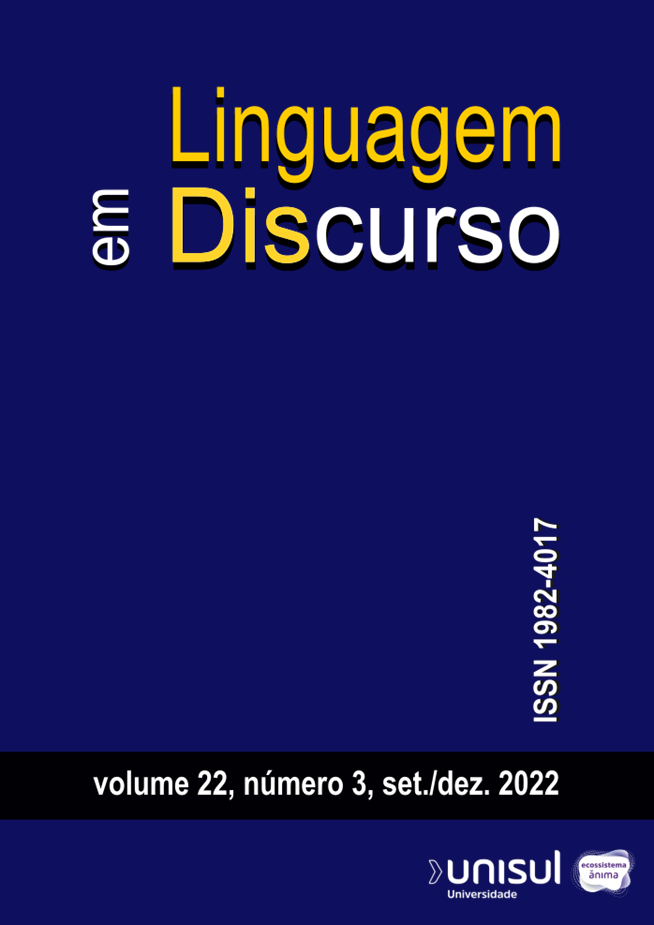"Poder" and "Conseguir"
Reflections on their usage by learners of Brazilian Portuguese
Keywords:
Modality, Portuguese as a Foreign Language, Pragmatic Competence, Awareness Raising, Spanish LanguageAbstract
We study the use of the verbs “poder” and “conseguir” among basic level learners of Portuguese as a foreign language. These verbs in context are discussed from a semantic-pragmatic perspective, in the light of modal theories such as those of Kratzer (1977; 1981; 1991; 2008; 2012) and others, as well as the classical notions of “accomplishment” and “achievement”, according to Vendler (1957; 1967), Dowty (1979), Abusch (1985) and Smith (1997). Since the Brazilian-Portuguese (BP) and South American Spanish language pairs differ in several aspects, the objective is to verify wether or not non-facilitative transfer from Spanish to Portuguese occurs, according to Cabrelli et al. (2020). By analyzing the occurrences of these verbs in oral speech during classroom moments, the study suggests the possibility of adopting practices to raise awareness of these differences between BP and Spanish so that learners can use these forms appropriately according to their context of use.


